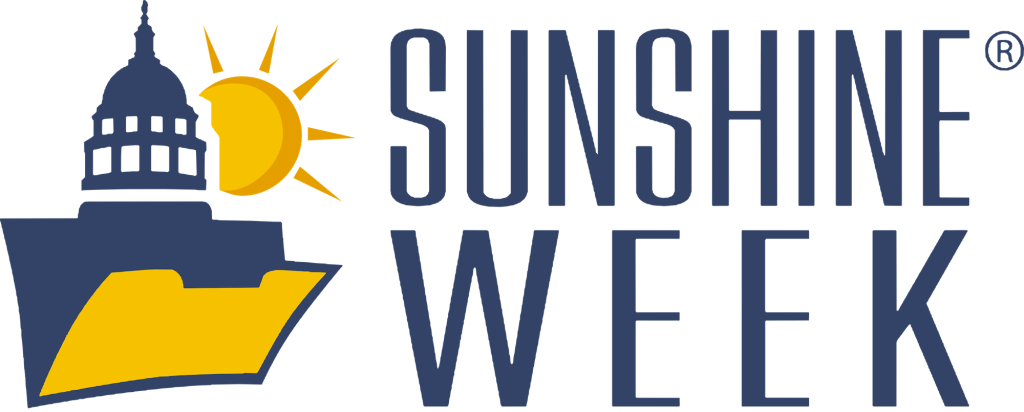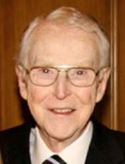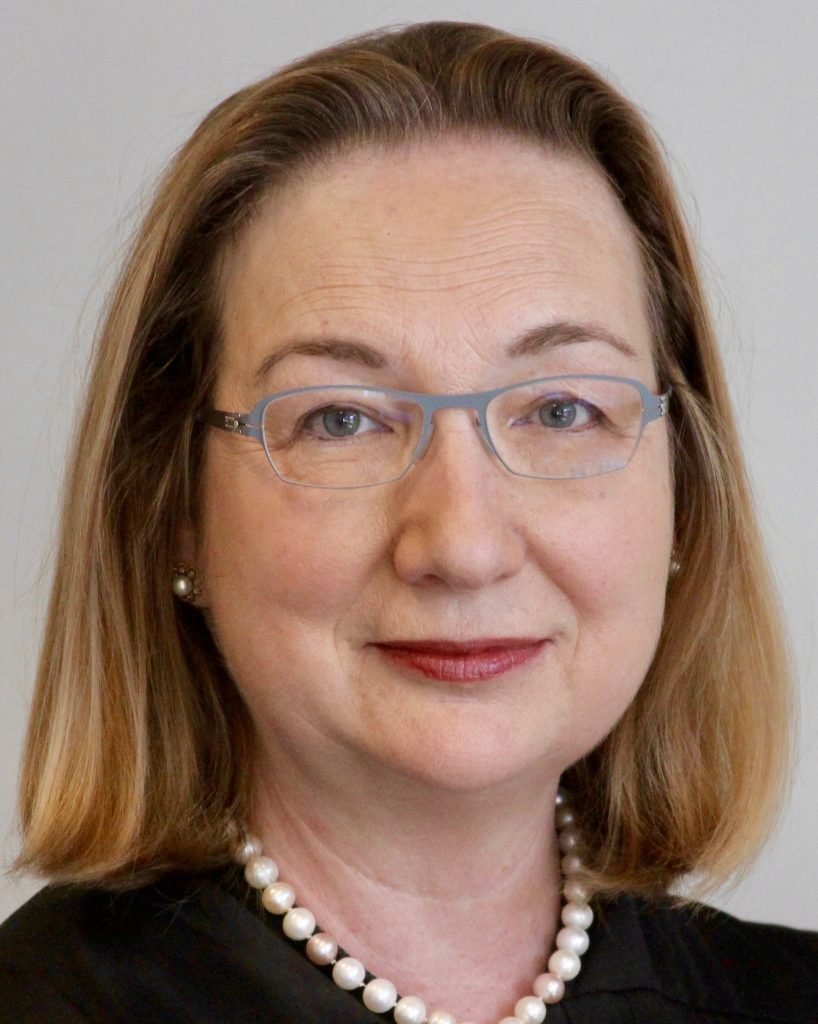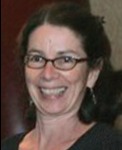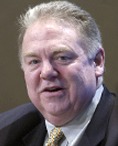Throughout his career and into his retirement, John Finnegan had been a champion of the right to know. After retiring from the St. Paul Pioneer Press, where he served as the senior vice president/assistant publisher until 1989, Finnegan became the president of the Minnesota Joint Media Committee, an organization founded to monitor FOI legislation in Minnesota and advocate open government to the state legislature.
Finnegan, along with a colleague, authored Minnesota’s first open-meetings law in 1957; he also drafted and lobbied for the Data Practices Act (1974), Minnesota’s first open-records legislation. Additionally, Finnegan has appeared numerous times before the Minnesota state Legislature to defend First Amendment rights, a topic he addressed along with FOI in columns at the Pioneer Press. He has also co-written a book, Law and the Media in the Midwest (1984).
For his distinguished FOI work, Finnegan received several awards, including the Associated Press Managing Editors award for Defense of a Free Press in 1980 and the John Peter Zenger First Amendment award in 1986.
Finnegan served as the vice chairman of the American Society of Newspaper Editors FOI committee, chairman of the APME FOI committee, president of the First Amendment Congress, and Minnesota Newspaper Association legislative committee.
In retirement, Finnegan continued his work as an advocate for the freedom of information. He combatted efforts by Minnesota Gov. Tim Pawlenty to close drivers license data and change the Minnesota Data Practices Act to a presumption that all data are closed unless specifically opened.
Finnegan died in 2012.
(Updated April 2025)
Class of 1996
- Samuel J. Archibald
- Scott Armstrong
- U.S. Sen. Hank Brown
- Harold L. Cross
- Lucy A. Dalglish
- Earl English
- U.S. Rep. Dante Fascell
- Paul Fisher
- William H. Hornby
- Jane E. Kirtley
- Jack C. Landau
- U.S. Sen. Patrick J. Leahy
- U.S. Sen. Edward Long
- Paul K. McMasters
- U.S. Rep. John E. Moss
- J. Edward Murray
- Virgil M. Newton Jr.
- Jean H. Otto
- James S. Pope
- Harold C. Relyea
- Richard M. Schmidt Jr.
- Sheryl L. Walter
- Bruce W. Sanford
- J. Russell Wiggins
Class of 2006
- Andrew Alexander
- Gary Bass
- Thomas S. Blanton
- Danielle Brian
- David Burnham
- Hodding Carter III
- Tom Curley
- Tom Devine
- Kevin Goldberg
- Morton H. Halperin
- Charles W. Hinkle
- Kathleen A. Kirby
- Susan B. Long
- Robert D. Lystad
- John E. Pike
- Ronald L. Plesser
- Russ Roberts
- A. Bryan Siebert
- David Sobel
- Thomas M. Susman
- Mark Tapscott
